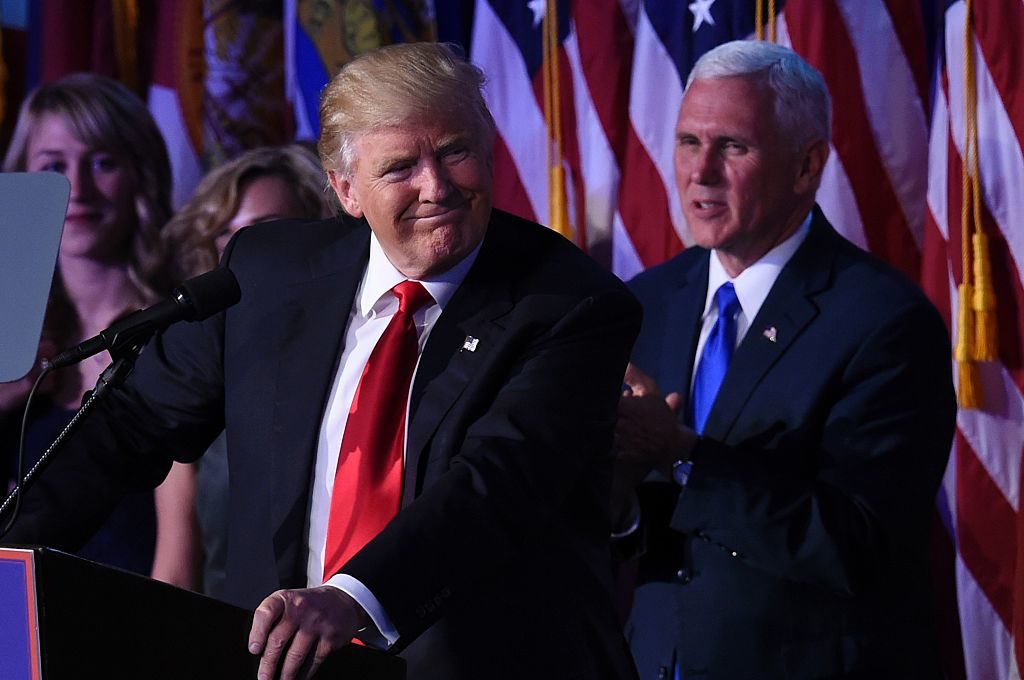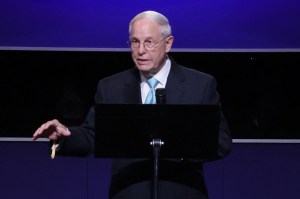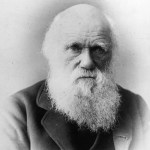In the wake of a significant event, years or even decades down the line, we ask people the same question: do you remember where you were?
When John F. Kennedy was shot; when the Challenger exploded; when the Twin Towers fell. Moments of terror, moments of tragedy. Do you remember?
In the months leading up to the 2020 election, I’ve found that there’s a new entry into this canon of unforgettable horrors: to a man, 2016 Hillary voters remember where they were when they found out Donald Trump would be president.
One friend described getting on the subway in Manhattan, jubilant at what seemed like a certain Democratic victory — and then getting off in Brooklyn to find people standing shell-shocked in the streets. Another went to bed early, only to be awoken at 3 a.m. by an inexplicable but powerful feeling that something hideous had happened. Almost everyone says that when the news finally sank in, they cried
Is it ridiculous that a political loss could hit so hard and so memorably as moments of actual tragedy? Yes. Did I still cry like someone had died when I woke up on the morning of Wednesday November 9? Also yes. Reasonable or not (and in hindsight, a Trump presidency has been worse than I’d imagined in certain ways but also far better than I’d feared in others), the disillusionment — particularly on a morning when I’d expected to be celebrating the historic election of our first woman president — was brutal. I’d let myself get too excited. We all did. When I look back at my inbox from that night, I can see the exact moment when enthusiasm turned to dread: I was live-blogging the returns for a celebrity weekly, exchanging cheeky emails with my editor, already sipping on a glass of something that I’d opened in premature celebration. We were joking, laughing, eager. Then, at 10:33 p.m., I sent him this:
I don’t understand what is going on
Four years later, I understand a lot better. I understand that I lived in a geographical and professional bubble that allowed me to labor under the illusion that Hillary was far more popular than she actually was. I understand that Trump won in part because his bloviating appealed to the racist troglodytes of the alt-right among other marginal ghouls, but more because he seemed different and interesting to voters who felt that the political system either failed them, overlooked them, or just held them in sneering contempt. I understand that the nascent cultural excesses of the radical left were annoying enough to prompt a certain amount of backlash at the ballot box (only for that backlash to make the excesses worse, and around and around we go. Whoops.)
[special_offer]
And for all these reasons, as the first round of polls close and we await the results, I understand that I have no idea what’s going to happen. The most reassurance I’ll offer myself is that I can’t possibly be as disappointed as I was four years ago, because I refuse to enter an emotional state that makes disappointment possible. The only thing I’m sure about is that in another four years, I intend to have no idea where I was when I found out the final results. Hopefully, it’ll be because good news doesn’t sear itself into our memories the way that unhappiness does.
But if not, it will be because I was very, very drunk.


















